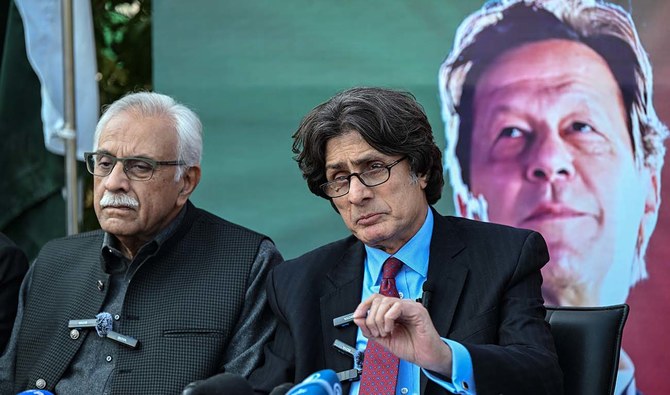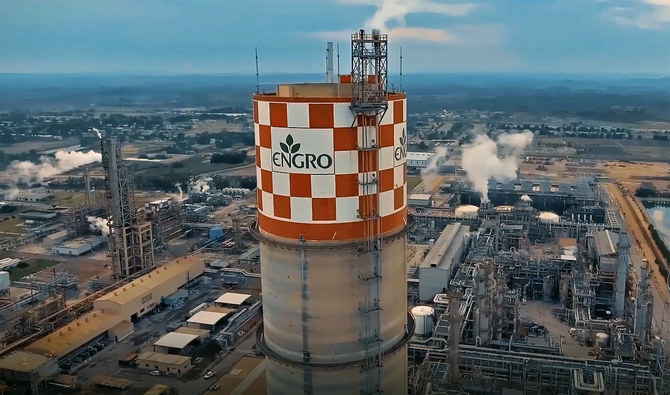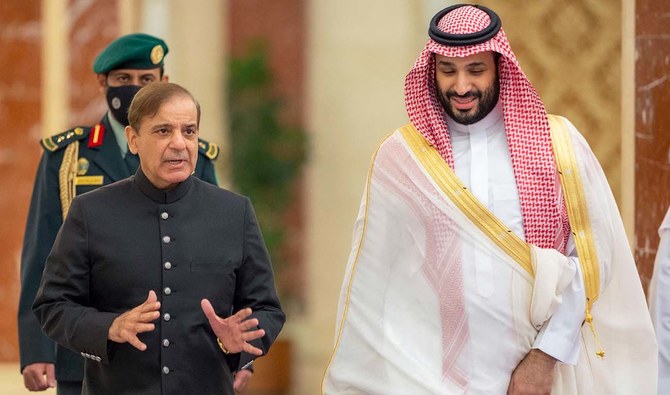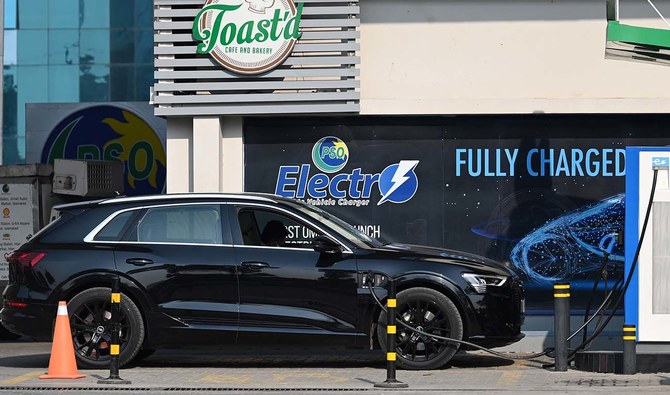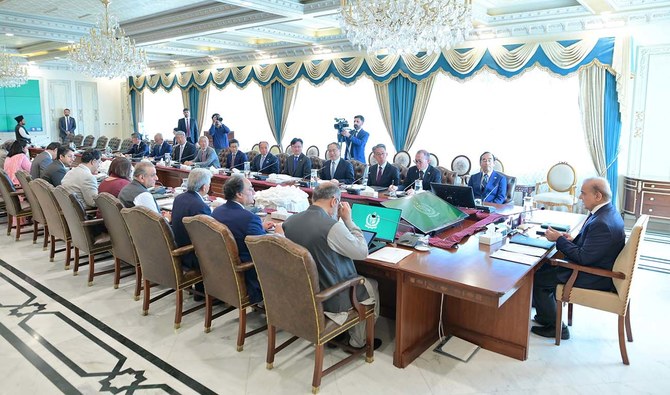KARACHI: Heavy monsoon rains in Mirpurkhas district in Pakistan’s southern Sindh province have destroyed red chili pepper fields, making it likely that the country will import spices from India this year.
The red chilies produced in Kunri, a small town in the area, has a distinct taste with huge demand in places like the United States, United Kingdom, Saudi Arabia, United Arab Emirates, Bangladesh and several European countries.
“During the last season, we traded about 425,000 bags, each containing 40 kilograms of hybrid or special dandicut longi varieties of red chilies,” said Yudhister Maheshwari, chairman of the Red Chilies Market Association which is said to be the second largest market of the product in Asia.
“A large portion of our special variety was exported,” he continued. “This year, however, 80 percent of our crops on some 80,000 acres of land have been destroyed by rains. This will even make it difficult for us to meet the domestic demand.”
Maheshwari added that the crops were about to be harvested and the produce had to be supplied to markets in the coming days.
“We have nothing to trade now,” he said. “Contrast that to the situation last year when we were trading between 15,000 and 20,000 sacks every day,” he told Arab News on the phone from Kunri.
Contrary to the situation in Pakistan, about 75,000 bags arrived for sale in the Guntur Chili Market in India on Wednesday, according to the information available on the market's website.
The seeds of the special aromatic dandicut longi chilies reached Kunri from Radha Ram near Lahore in the 1960s. A decade later, this small town in Sindh became one of the largest chili markets in Asia.
Almost 85 percent of Pakistan’s red chilies are produced in Umerkot, parts of Badin, Mirpurkhas and Sanghar districts of Sindh.
“The region has an exceptionally suitable climate for growing chilies,” Mian Muhammad Saleem, president of the Red Chili Growers Association, told Arab News.
However, he added that the area was now beginning to feel the impact of erratic weather patterns, noting that the recent rains that destroyed the crops constituted one such instance.
“Our annual production had been up to 125,000 tons only a couple of years ago. It decreased last year, and this year we may not even be able to produce 20,000 tons. My own export had been 500 tons, but I would not be able to export a single chili this year,” Saleem said with a hint disappointment in his voice.
Maheshwari said India’s sanam red chilies from the Guntur market was one possible alternative.
“I have heard that some import orders have been placed for India’s sanam chilies which may arrive from our border with Iran and Afghanistan due to the strained ties between the two South Asian neighbors.”
He added he was optimistic that Pakistan would be able to regain its place in the international market when the difficult phase was over.
“Our chilies have a distinct taste and no one can forget them so quickly,” he said.




